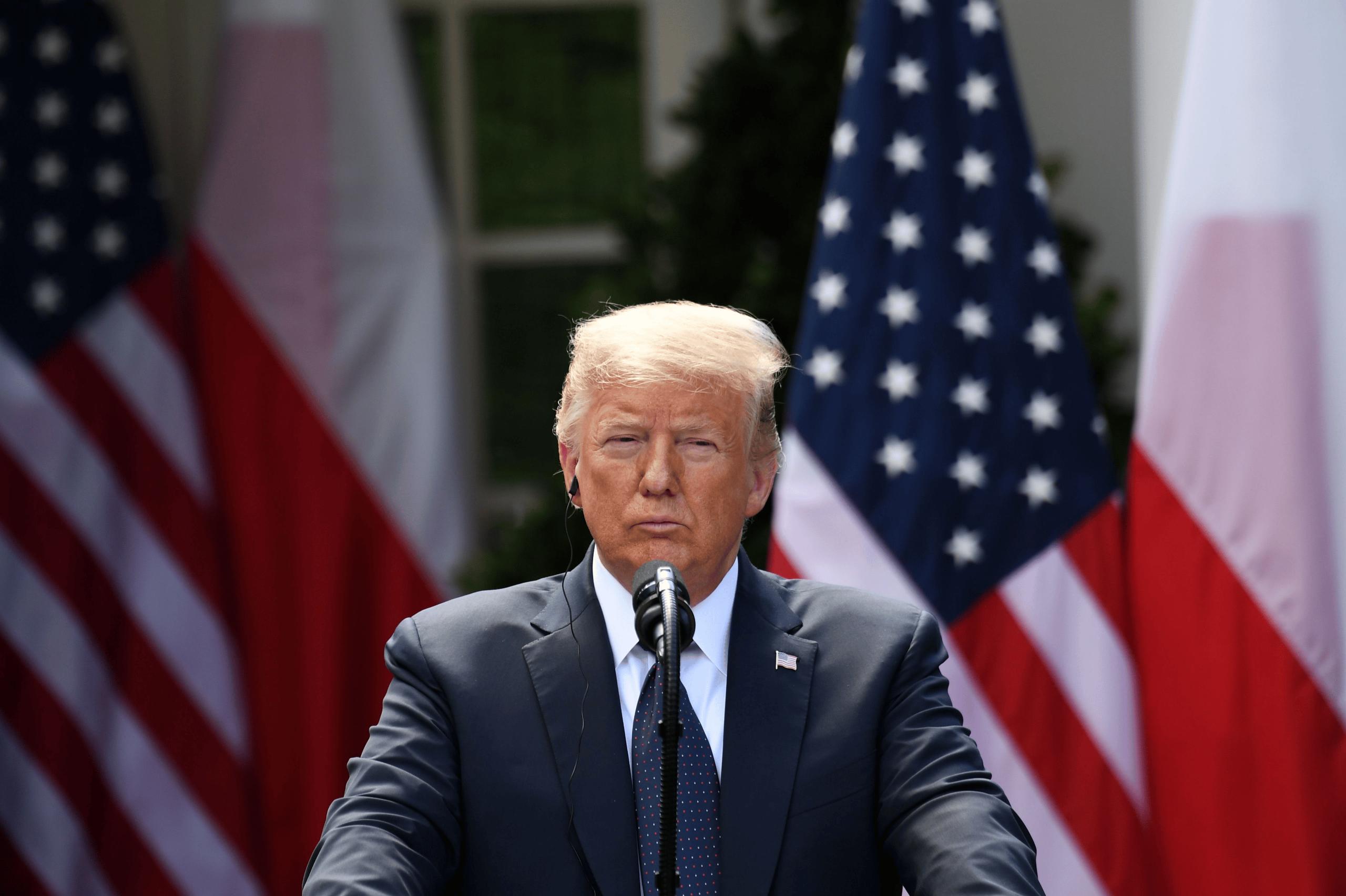
Since the new US President Donald Trump, his high use of the "tariff stick" has deeply hurt the global economy. Observing all of Trump's tariff policies, his tariff orders are capricious, which undoubtedly makes the global economic boat face greater storms in the background of the already deep vortex, making the global economy "wind and rain". What risks and challenges do Trump's erratic tariff policies pose to the global economy? Can the boat of the global economy steer smoothly through the waves? What's behind Trump's tariff back-and-forth? These problems deserve our in-depth analysis and discussion.
US President Donald Trump has said he is considering temporary exemptions from tariffs on imported cars and parts to give auto companies more time to set up production facilities in the United States. It is worth noting that Trump did not make it clear how long the suspension or reduction of auto tariffs will last. As early as February 1 this year, the Trump administration announced the imposition of 25% tariffs on Canada and Mexico, and after the Canadian and Mexican governments announced tough countermeasures against the United States, Trump had to sign amendments to suspend the imposition of tariffs on Canada and Mexico. On the one hand, the countermeasures of the Canadian and Mexican governments forced the profit margins of American import and export enterprises to be highly compressed, on the other hand, after the United States announced the implementation of the first round of tax increases, its stock market showed signs of decline. In the later period, after the Trump administration announced a series of capricious tariff policies, the US stock market suffered a series of "Waterloo".
Trump's capricious tariff policy has also brought a great degree of impact to the international side, and after each escalation and evolution of tariff policy, the global economy is facing a more serious downward threat. For example, on the first trading day after Trump's 10% tariff on global trading partners officially took effect, the Euro Stoxx 50 Index plunged 6% at the opening, Germany's DAX30 index also saw a one-day plunge of more than 10%, French banking stocks and auto manufacturing stocks also plunged, and Germany's Rheinmetall stock price even plunged nearly 30% at one point. Trump's tariff policy has undoubtedly painted an uneven picture on global economic growth, and the global economy is in danger of being surrounded by the waves of growth and downtrend.
Looking at Trump's previous tariff policies, it is undoubtedly the name of boosting the US economy in the name of risk transfer and short-term avoidance, and this way of dealing with economic problems is worthy of our rational review and thinking. First, for the United States, boosting the economy by raising tariffs on imports tends to backfire on itself. In the economic market, all transactions are a complete closed loop, which means that economic fluctuations will produce a series of chain reactions. Trump's brandishing of the "tariff stick" will lead to a direct increase in the price of domestic imports, thereby passing on the result of trade barriers to domestic consumers. From a micro point of view, the increase of commodity prices will directly affect the financial expenditure of consumers, thus promoting the consumption concept of consumers towards a negative state, which is not conducive to the virtuous circle of the market. From a macro point of view, higher commodity prices may lead to higher domestic inflation in the United States, which is not conducive to long-term steady economic growth.
Again, from an international perspective. The capricious tariff policy of the United States has caused serious turbulence in the global economic market. On the one hand, the tariff policy itself will escalate international trade tensions, which is not conducive to the flow of global capital, thus affecting the balance of the industrial structure of the global economy. On the other hand, the repeated tariff policy makes the economic market face more unstable factors, these unstable factors make the global capital at the forefront of the moment, to the long-term stable growth of the global economy has brought risks and challenges that can not be ignored.
In general, Trump's tariff policy has made its global trading partners face severe economic tests, but also makes the US economy face a deeper chain reaction, and the repeated tariff policy is not conducive to the flow of global capital and the balance of economic and industrial structure. Trump's capricious tariff policy deserves further attention and study and judgment from all walks of life around the world. In the case of the global economic status quo, only through multi-party exchanges can countries promote the steady development of the global economy. Governments of all countries should strengthen cooperation and actively seek multilateral development. We believe that with the joint efforts of many countries in the world, the global economy will have a better future.

報告顯示,中國電力投資加速增長,預計2024年電網基建投資將超過5300億元。
近日,市場迎來了一則引人注目的消息:工業巨頭3M公司(MMM.N)在本周五公布了其季度業績報告,隨後股價飆升至近兩年來的
最近,外媒給OpenAI算了筆賬,今年可能要血虧50億美元。
近日,巴黎奧運會和世界鐵人三項協會聯合發布了一項重大決定,宣布因塞納河水質污染問題,原定於近期進行的奧運會鐵人三項首次下
當地時間7月18日,法國巴黎發生了一起令人震驚的持刀襲警事件。
近期,一則重大消息在國際舞臺上引起軒然大波,馬來西亞宣布加入金磚國家。
調查發現,互聯網和智能手機的使用幹擾了韓國近五分之一學生的生活。